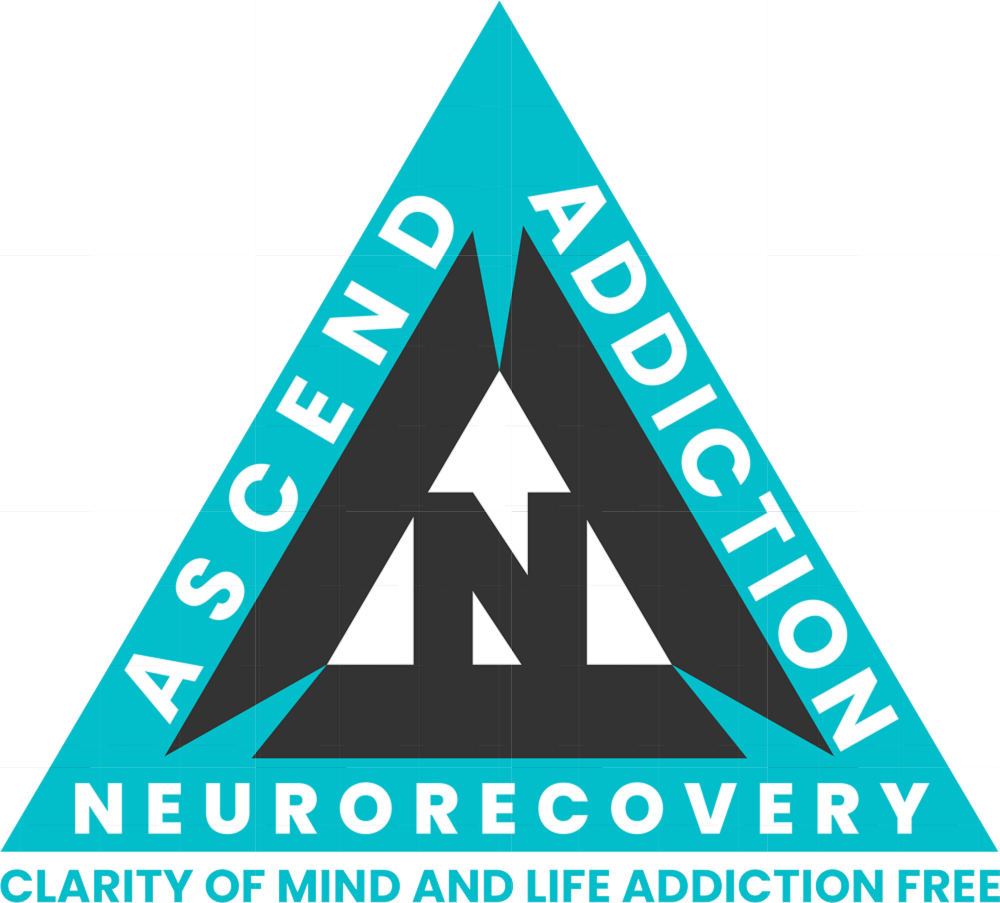
Addiction is a complex condition that affects the brain, body, and emotions of an individual. It hurts more than just the person who is having a hard time; it affects everyone around them. Taking action at the right time is key to beating addiction. Help for drug problems that is given early on can mean the difference between life and death, relapse and recovery, and hopelessness and optimism. People who seek help for their problem as soon as they notice it have a much better chance of regaining control before things worsen.
Addiction changes the chemistry of the brain, but healing is possible with the right help and treatments. However, early intervention services help with both the mental and physical aspects of addiction, which keeps it from becoming a long-term problem. This is why seeking help promptly, especially with treatments that have been proven effective, such as Neuroplasticity-Based Therapy, can truly save lives. Furthermore, the earlier the intervention, the more likely it is that the person will recover and make lasting changes.
The Power of Acting Early
Addiction doesn’t happen all at once; it grows over time. If you act quickly, the situation may not get worse and become life-threatening. However, early intervention helps people recognize when they are engaging in harmful behaviors and seek professional help before their problem worsens. When it is caught early, treatment is often shorter, more effective, and less disruptive to daily life, showcasing the benefits of early intervention. Family and friends can be a valuable resource when it comes to spotting danger signs, such as changes in behavior, withdrawal, or a person keeping things to themselves. Helping out early on can stop the loop from getting out of hand. The sooner someone gets in touch with addiction support services, the easier it is to control cravings, boost confidence, and avoid long-term physical or mental damage that can’t be fixed.
Understanding Neuroplasticity-Based Therapy
The concept behind neuroplasticity-based therapy is that the brain can adapt and change its functioning by learning new skills and practicing them repeatedly. Addiction changes the way the brain normally works, which makes it hard to stop doing bad things. By forming new, healthier neural connections, this treatment helps restore balance. It teaches the brain new ways to deal with stress, cravings, and triggers. Over time, people learn healthy ways to deal with problems that replace bad habits. To help the brain recover, therapists use structured sessions, mindfulness techniques, and behavioral tasks. This method not only helps people deal with their problems, but it also clarifies their minds, helps them focus, and enables them to control their emotions. Neuroplasticity-based treatment helps individuals rewire their brains, leading to long-term recovery and personal growth.
Life-Saving Benefits of Early Addiction Support
Addiction support programs can save lives if people get help early on. It stops the chances of overdosing, health problems, and the mental damage that comes with being addicted for a long time. Early prevention gives people access to therapy, detox programs, and tools for dealing with problems before they become severely dependent on drugs. It also lowers the chance of relapse by dealing with underlying problems like trauma, anxiety, or sadness. Early support services focus on helping individuals achieve stability, facilitating emotional healing, and teaching them how to maintain a healthy lifestyle. They help people rebuild their ties and sense of self-worth above all else. Professionals can help people get better faster by coming in at the first signs of addiction. This saves time, health, and even life itself.
Key Elements of Effective Early Intervention
Successful early intervention programs share several essential features:
- Comprehensive Assessments: Identify the individual’s needs and stage of addiction.
- Personalized Treatment Plans: Ensure therapy fits each person’s lifestyle and triggers.
- Family Involvement: Strengthen the recovery process through emotional support.
- Behavioral and Cognitive Therapy: Help change harmful thought patterns.
Aftercare Programs: Maintain sobriety through continued counseling and group sessions.
These components work together to establish a solid foundation for lasting recovery. Early intervention isn’t just about getting people to stop using drugs; it’s also about helping them learn more about themselves, improve their mental health, and get their lives back in balance. If you follow these steps, you can not only improve, but you will also improve.
Building a Future Beyond Addiction
Early intervention gives individuals the opportunity to rebuild their futures with confidence and purpose, significantly improving their quality of life. People who are struggling with addiction often feel hopeless and alone, but getting help at the right time through early intervention can spark drive and self-belief again. A strong framework for recovery consists of structured therapy, medical guidance, and community support. Relapse is less likely to happen if you get help early on. This makes the road to recovery easier and more stable.
Key long-term outcomes of early treatment include:
- Improved mental and physical health
- Stronger relationships and social support
- Renewed career and educational goals
- Enhanced emotional stability
By intervening early, individuals don’t just escape addiction—they create a lasting path toward freedom and self-discovery.
Conclusion
People can lose their lives to addiction if they don’t get help, but getting help early can make all the difference. People who seek professional help early on can heal, change, and find a new sense of meaning in life. Early help cuts down on harm to the body, mental pain, and long-term dependence. People can retrain their brains to replace bad habits with healthy ones that last, using tried-and-true techniques like Neuroplasticity-Based Therapy. Get help as soon as possible to ensure you can heal and that the recovery lasts.
At Ascend Addiction NeuroRecovery, we specialize in evidence-based Neuroplasticity-Based Therapy to support individuals battling substance use disorders (SUDs). Our expert therapists craft personalized treatment plans to rewire neural pathways, empowering clients to reclaim their lives. Through structured therapy sessions and compassionate care, we equip individuals with the skills needed for long-term sobriety, emphasizing the benefits of early intervention. Trying to find a rehab that works for addiction? Reach out to Ascend Addiction NeuroRecovery immediately to learn about our customized treatment programs that support long-term recovery.




